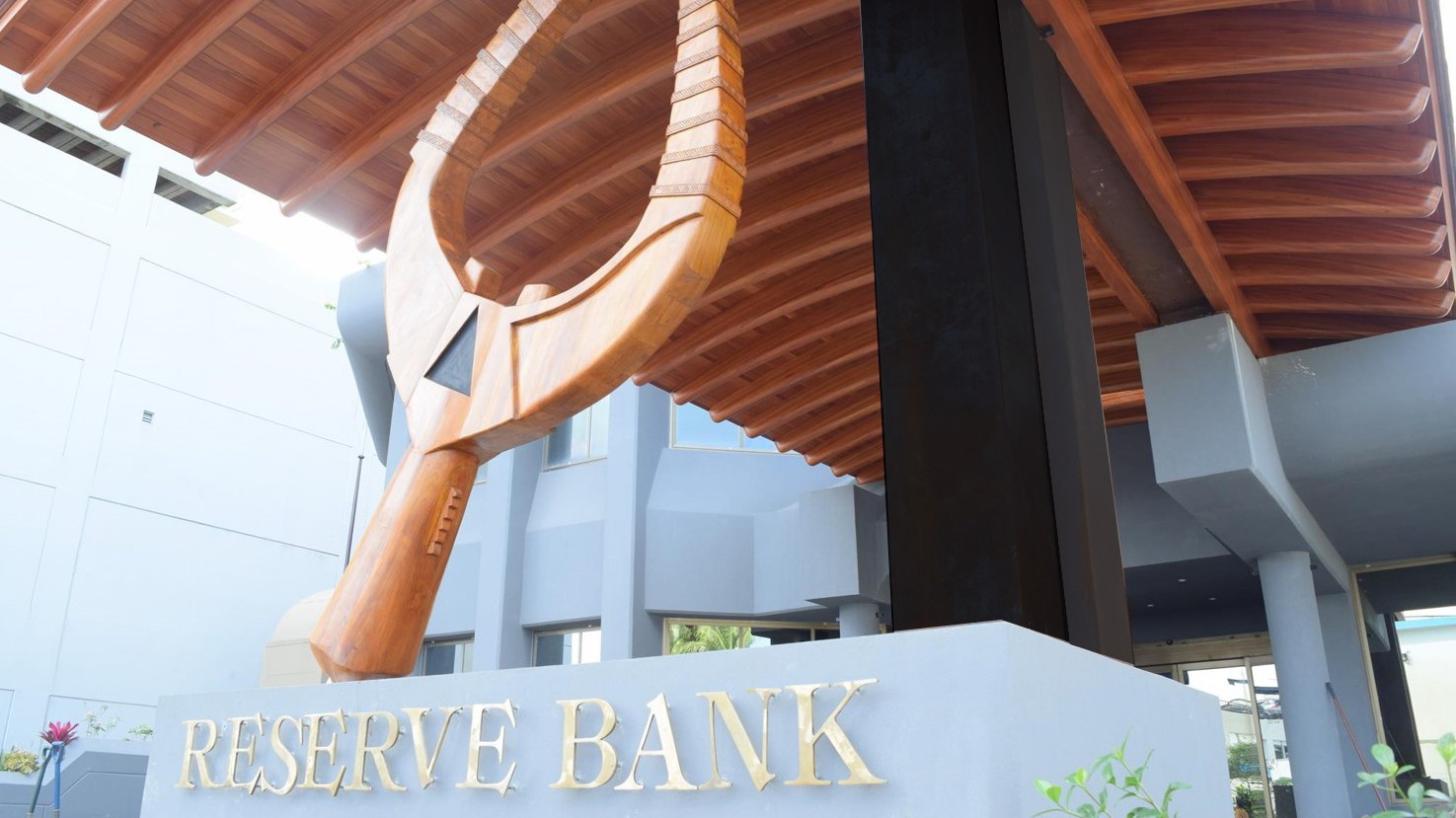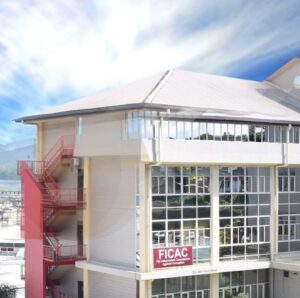Fiji’s domestic economy recorded mixed results in January.
Data released by the Reserve Bank of Fiji showed that the tourism sector reached record-high visitor arrivals, totalling 70,324, however, Australian tourist numbers dropped by 7.1%.
In the primary and natural resource sectors, pinewood production dropped by 48.5%, and mineral water production saw a 27.6% decrease. On the positive side, gold production increased by 33.1% and a 3.9% improvement in electricity production.
The labour market expanded with 1,568 vacancies advertised, yet emigration continues to contribute to skilled worker shortages.
Inward remittances remained steady at $89.0 million in January, similar to the previous year’s levels. Fiji achieved a record collection of $1.25 billion in remittances last year.
The intertwined dynamics of tourism and remittances played a pivotal role, with net VAT and PAYE tax showing healthy increases of 34.6% and 16.8% respectively. However, commercial banks lent less money for consumption purposes, down by 7.1%.
Investment activity showcased a mixed trend as domestic cement sales grew by 11.3%, indicating construction activity. Yet, lending for investment dropped by 17.7%. Lending to the building and construction sector also fell by 34.9%.
Fiji’s banking system had enough money (liquidity) in January, though slightly lower. This helped keep interest rates low, which is good for borrowing and supporting economic activity. Private sector credit (money lent to businesses and individuals) increased by 8.5%.
In January, the annual headline inflation (which measures overall price increases) was 3.6% (down from 5.1% in December 2023). Prices increased in several categories including food, beverages, transport, and housing. Experts predict that inflation will fall to 3.0% by the end of this year. This is because the effects of tax increases are fading, and oil prices are expected to be lower.
Fiji’s foreign reserves (money kept for emergencies) are comfortable at around $3.2 billion. These reserves can cover 5.1 months of the country’s imports. The situation is expected to stay stable in the medium term.
In terms of interest rates, the RBF Board decided to keep the Overnight Policy Rate at 0.25% in February. This rate affects how much interest people pay on loans and how much they earn on savings.









